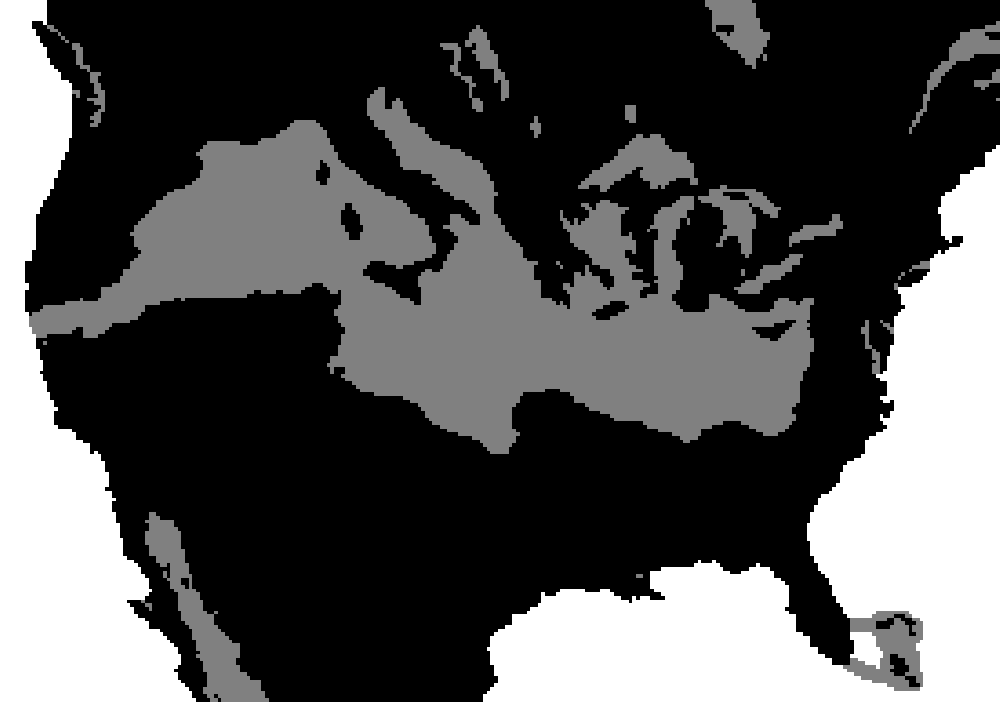In contemporary discourse, the concept of “hyperpower” has emerged predominantly in discussions surrounding geopolitical dynamics. The phrase encapsulates the idea of a nation, particularly the United States, exerting unparalleled influence over global affairs. Such a position invokes a plethora of reactions, including admiration, skepticism, and contention. Notably, when examined through the lens of Bahá’í teachings, the intricacies of hyperpower, particularly as manifested in the notion of Pax Americana, unveil profound reflections on peace, justice, and unity. This article endeavors to elucidate this intersection of Bahá’í thought and contemporary geopolitical phenomena, specifically considering the implications of Pax Americana in relation to the ideal of a long-lasting peace.
The Bahá’í Faith, which emphasizes the fundamental oneness of humanity and the interconnectedness of all peoples, presents a unique framework for analyzing the geopolitical landscape. Central to Bahá’í teachings is the idea that true peace can only be achieved when nations and individuals recognize their collective humanity and work collaboratively toward common goals. This principle amplifies the complexity of the term “hyperpower.” While a hyperpower may possess the capability to impose its will, the Bahá’í perspective contends that the lasting nature of power ought to be predicated upon principles of justice and equity rather than mere dominion.
Pax Americana, often viewed as a period characterized by American preeminence on the global stage following World War II, poses intricate questions regarding the nature of peace itself. Traditionally, peace has been understood as the absence of conflict; however, from a Bahá’í perspective, it is much more profound. True peace necessitates a transformation in human consciousness—a movement away from individualistic interests toward a collective ethos. The Bahá’í writings affirm that it is only through the establishment of justice that genuine peace can be realized. As such, Pax Americana invites scrutiny: does it exemplify a strategy for peace, or does it risk entrenching existing inequalities and conflicts?
The allure of hyperpower, and by extension Pax Americana, often stems from the notion of stability and security it promises. In a world rife with uncertainty, nations may gravitate toward the stability provided by an ostensibly powerful ally. However, this reliance raises ethical dilemmas: must peace be contingent upon the dominance of a singular nation? The Bahá’í teachings offer a resounding answer: no. A sustainable peace is one that is participatory, inclusive, and recognizes the rights and dignity of all nations, irrespective of their size or power.
This point leads to the idea of the “long peace,” a concept that transcends the mere cessation of hostilities. A long peace, in the Bahá’í paradigm, is predicated on the establishment of systems that foster understanding, solidarity, and cooperation among different peoples. It is characterized by structures that encourage dialogue and mutual respect, rather than dominance and subjugation. Herein lies a critical reflection upon the implications of the hyperpower model: can a nation, no matter how powerful, truly guarantee peace when it is built upon inequity?
The reflections on Pax Americana prompt a deeper investigation into the consequences of its international policies. While the assertion of power can yield short-term stability, it often engenders long-term animosities and divisions. Bahá’í teachings advocate for a new world order, one that seeks to eliminate the root causes of conflict. The fragments of warfare, poverty, and oppression can only be dismantled through a concerted effort that prioritizes the well-being of all. Thus, the hyperpower approach becomes contentious; it may suppress outward conflict but at great cost to internal harmony.
This leads to a consideration of the potential pathways forward. How can the principles of Bahá’í teachings inform current power structures? The emphasis on universal peace, an essential tenet of Bahá’í faith, mandates a reevaluation of how power is conferred and exercised. Moving towards a framework that privileges collaborative governance, shared responsibilities, and equitable practices may serve as a viable alternative to the hyperpower model. Implementing institutions that reflect these values could inch humanity closer to a long peace.
The fascinating interplay between hyperpower, Pax Americana, and Bahá’í principles invites further contemplation on the evolution of global peace efforts. The teachings of Bahá’u’lláh that advocate for the oneness of humanity resonate particularly well in this context. As the global community confronts pressing challenges, the notion of collective stewardship becomes indispensable. The solidarity of nations, articulated through justice and love, embodies a powerful counter-narrative to contemporary hyperpower dynamics.
In conclusion, the Bahá’í reflection on hyperpower and Pax Americana directs attention to the enduring quest for peace. It challenges the prevailing notions of political dominance as a panacea for conflict and invites a more nuanced understanding of peace that encompasses justice and equity. Ultimately, as the world navigates through an intricate geopolitical landscape, the call for a long peace remains as essential as ever, rooted in the Bahá’í commitment to unifying principles that transcend divisions and foster a shared human destiny. The exploration of these themes not only deepens our comprehension of current global challenges but also offers actionable insights for a more harmonious world.
